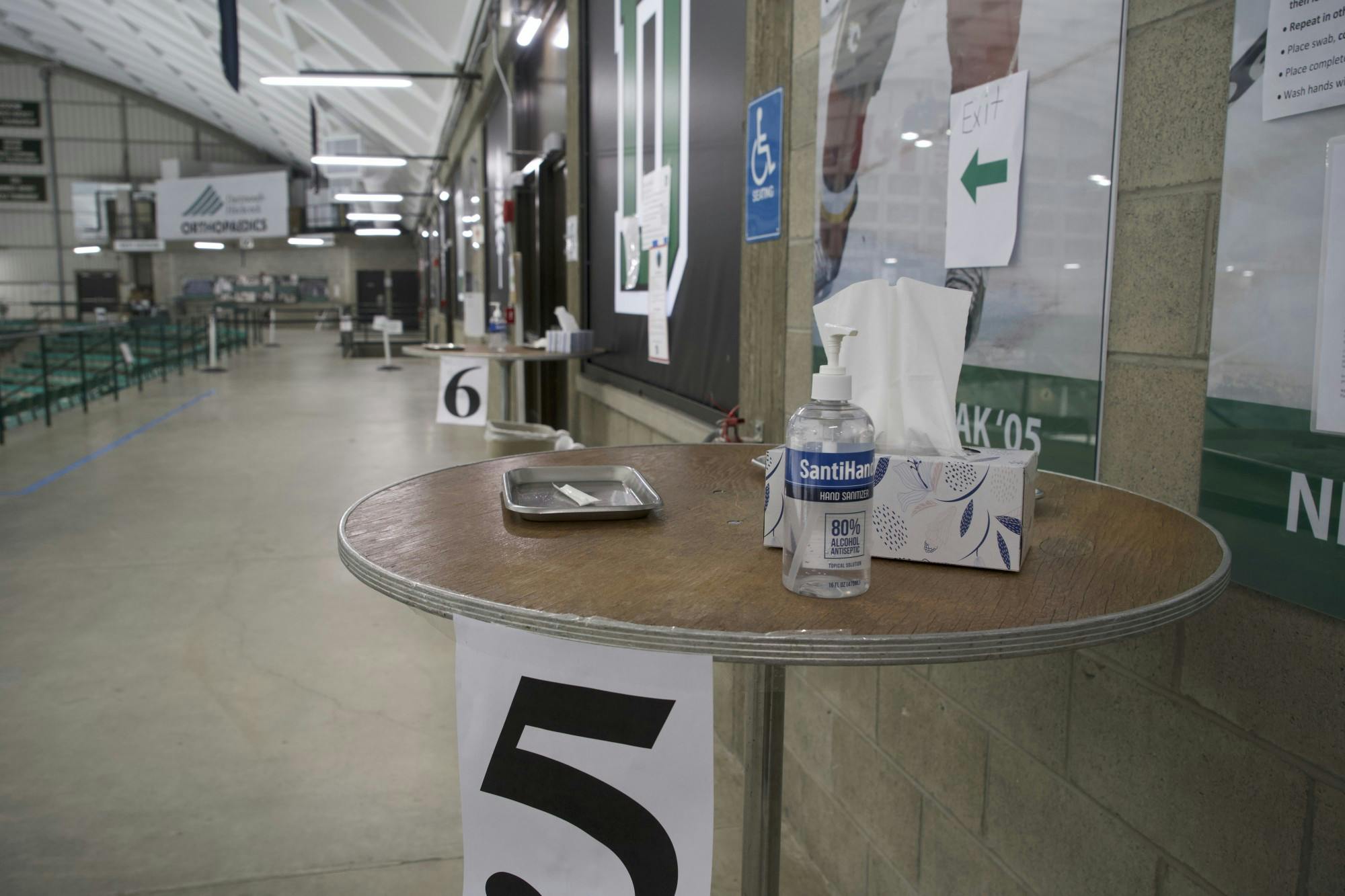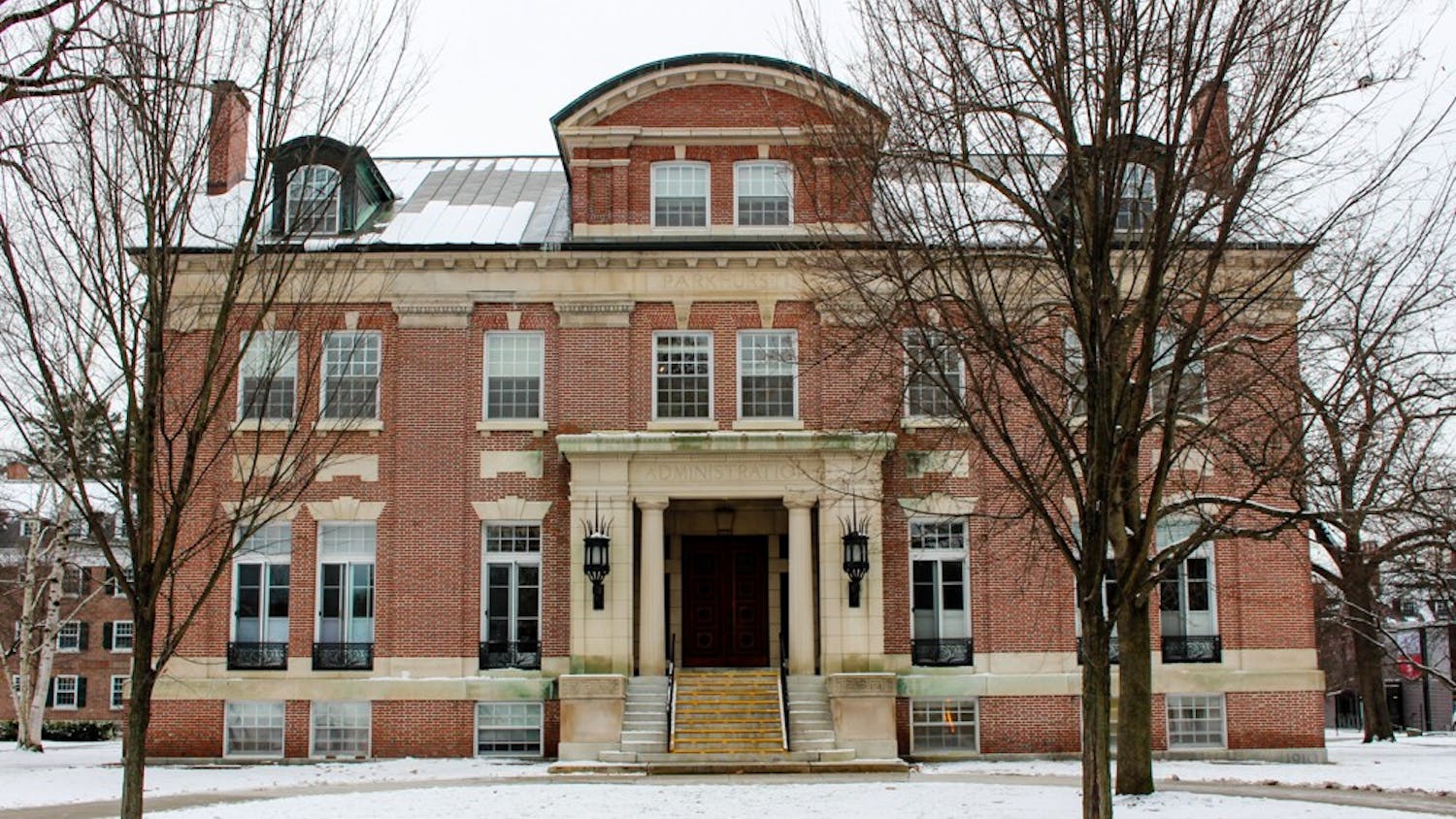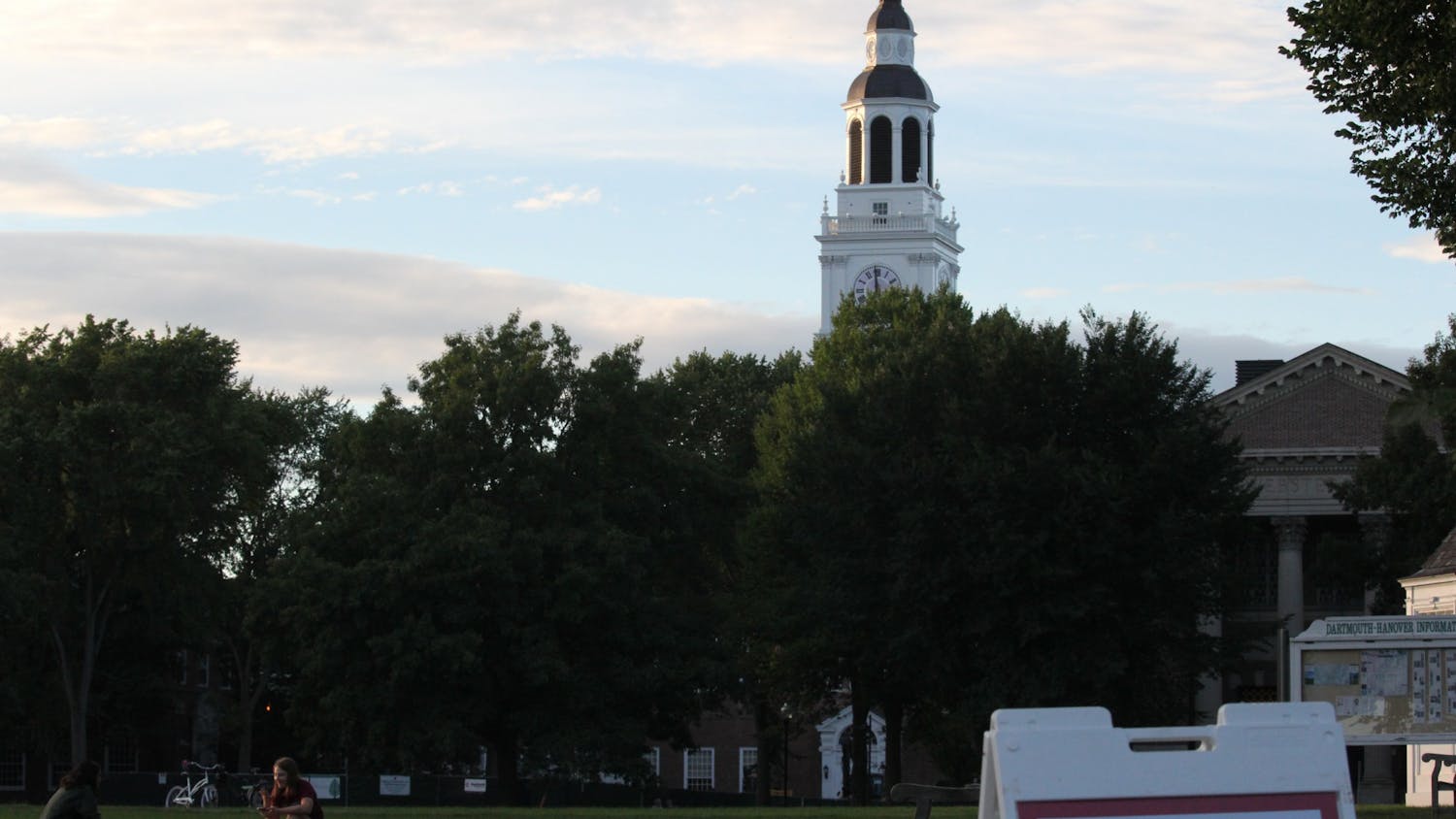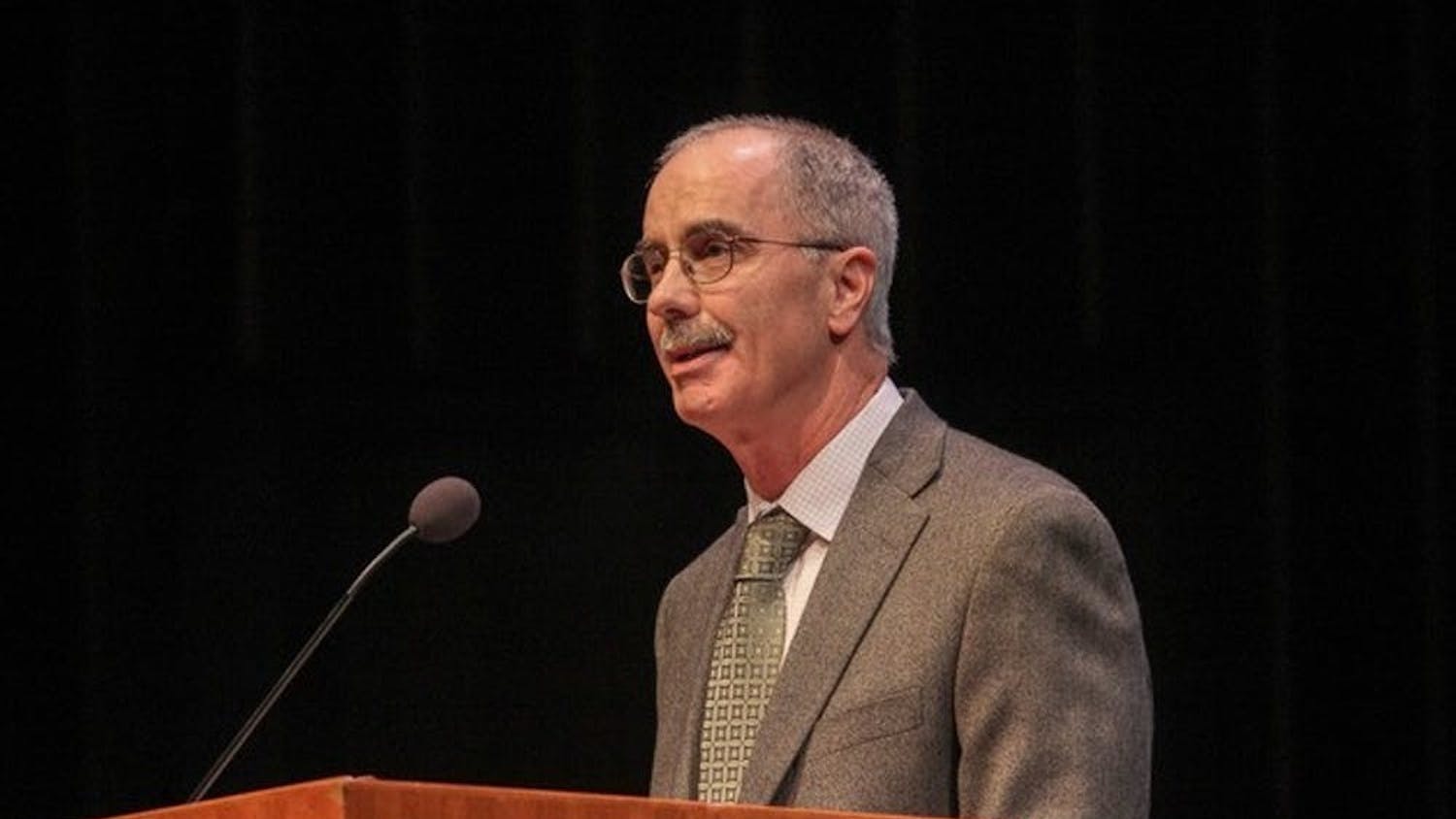On Friday, Feb. 5, I woke up with a mildly stuffy nose and a scratchy throat. At first, I thought my dust mite allergy had started acting up again. My apartment in Washington, D.C. is perpetually covered with a thin layer of dust, and forgetting to take my allergy medicine on a given night can ruin my sinuses. So, I grabbed the green bottle of Zyrtec on my bedside table and popped one in my mouth. In 30 minutes the symptoms would be gone and I could continue with my day, one filled with Zoom calls, readings and fast-approaching deadlines. I wasn’t looking forward to it, but clearing my throat and nose would make all of that easier.
By 1 p.m., after a Zoom class and a half-completed economics problem set, my symptoms remained. In fact, they had gotten worse. In addition to my congested nose and scratchy throat, my head began to throb. Maybe it was the flu? It surely couldn’t have been COVID-19. My roommates and I had a brief exposure to a few positive people at a gathering on Saturday, but we had all tested negative the following Tuesday. My symptoms probably stemmed from something else, I figured.
That night, my symptoms progressed. Suddenly chills were running down my body like tendrils of ice. My headache progressed from a faint banging to a feeling like someone ringing a church bell next to my ear. I couldn’t do any work. I couldn’t eat. When I tried to sleep, the chills woke me up in a sweaty mess. I called my mom, and she told me I should get tested.
The next day, I went to a testing site, asked for a rapid antigen test and had my nose swabbed. The lab attendant said the lab would send me the results within 30 minutes, and the email arrived in my inbox as I walked back to my apartment. When I opened the email, it felt like opening a college acceptance letter. I had the same nervous anticipation, the same pit in my stomach. But I still thought I would test negative. After so many negative tests, why would this one be any different? Then I saw the flashing green “positive” bar on the screen. I thought back to the gathering I had attended on Saturday and cursed my stupidity.
My symptoms only lasted a few days, but they were stronger than I expected. Most people my age experience no serious symptoms from COVID-19, but there are the occasional few that find themselves in danger. I was on the lucky side of that line.
During the past year, I often struggled with the impacts of the pandemic. My senior spring of high school was canceled. I missed out on all the Dartmouth freshman year traditions. I dealt with anxiety while trying to navigate a brand new social scene. Depression found me as COVID-19 protocols constrained me to a dorm room. I struggled to meet friends during the socially distant start to the year. When I finally began to find my place socially, the administration forced me to leave campus for violating their rules by being in another students’ dorm room. My depression flared up again. My motivation fell drastically. Zoom calls became endless slogs through unimportant facts, and my physical health weakened as my exercise routine collapsed. It was hard. It still is hard.
I know I’m not alone. We all feel the mental and physical strain of this pandemic. We have good days. We have OK days. And we have bad days. On those days, we — or at least I — can feel worthless. School becomes pointless; one Zoom call after another, one problem set after another, one paper after another.
That’s why we need other people. Having other people around, having people to interact with, to laugh with and to decompress with — it’s what makes us who we are. It gives us a purpose. Without anybody there to save us, we drown.
That’s why I went to that gathering where I got COVID-19. That’s why so many people are breaking these protocols. That’s why there are now 140 active cases at Dartmouth. Being away from campus, it’s hard to know exactly what life is like in Hanover. I can only attempt to explain the reasons behind the spike, but I’m sure part of it stems from the strain of it all. I’m sure students must be feeling what I feel, and what I felt in the fall. They need other people.
It’s not right to abandon all the health regulations. I know that. Compared to everything with which other people are dealing, staying home seems like it should be easy. That gathering I went to on that Saturday night was stupid. It was juvenile. It was immature. Who am I — a privileged college student — to question the health protocols? They exist for a reason. But there has to be a balance between following regulations and living as human beings. Now more than ever, people my age are feeling the mental health burden of this pandemic.
When this all settles down and we return to some semblance of normalcy, I don’t know how we are going to feel about how things went. We might be embarrassed at how immature we were. We might not be proud of the way we acted. But on another hand, I think we will just be glad that we made it through, in whatever way that we could. We should obviously take this virus seriously, but without our sanity, the rest is pointless.




